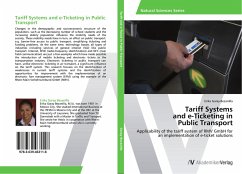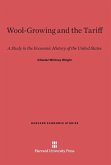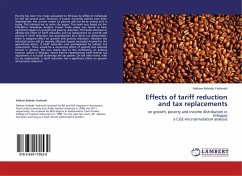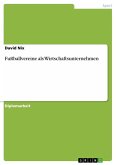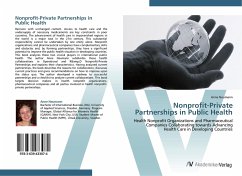Changes in the demographic and socioeconomic structure of the population, such as the decreasing number of school students and the increasing elderly population influence the mobility needs of the society. These mobility needs have in turn, an effect on public transport: e.g. barrier-free access to public transport, simplifying ticketing and funding problems. At the same time, technology boosts all types of industries including services of general interest (SGI) like public transport. Internet, RFID (radio-frequency identification) and NFC (near field communication) are just a few examples which have made possible the introduction of mobile ticketing and electronic tickets in the transportation industry. Electronic ticketing in public transport can have, unlike electronic ticketing in air transport, a significant influence on the tariff system. This research focuses on the identification of weaknesses in current tariff systems and the identification of opportunities for improvement with the implementation of an electronic fare management system (EFM) using the example of the Rhein-Main Verkehrsverbund GmbH (RMV).
Bitte wählen Sie Ihr Anliegen aus.
Rechnungen
Retourenschein anfordern
Bestellstatus
Storno

